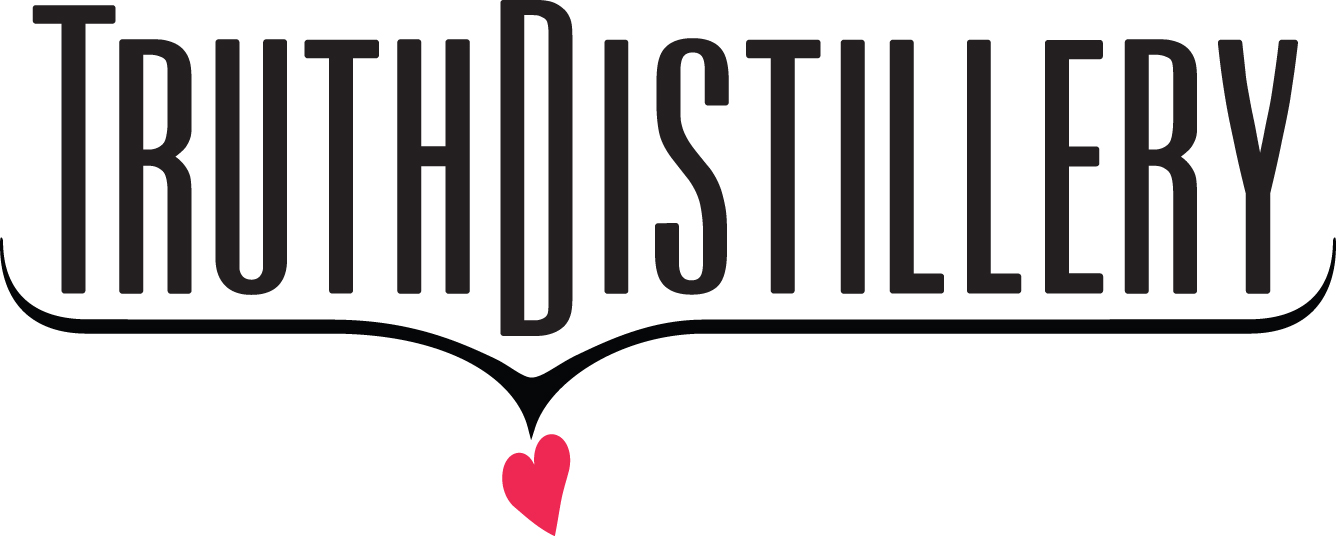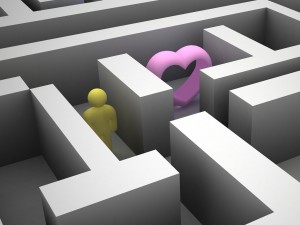Finding the “Me”
In my recent post, Elixir of Love, I presented the idea of using love to heal our emotional wounds. That post prompted a few questions about the idea of loving consciously and purposely, so I would like to explore that idea further.
In our culture, we are taught that love is rare and quite out of our direct control. In the case of romantic love, we must be very lucky to have “Cupid’s arrow” strike us and open our hearts to another person. In familial love, we don’t really have a choice there either–we don’t choose who our parents or siblings are. We’re presented with these people and are told that we are supposed to love them because of their relationship to us. When loving friends, well, you either just “click” with some people or you don’t. Looking at love in this way makes it seem impossible to just start loving someone out of the blue. Why should we open the coffers of our hearts and share the jewels of love with strangers? What have they done to earn the privilege? The answer can be found through closer inspection of our true selves, right down to the essences of what love is and what we are.
When I go for a run and I pass another runner on the trail, often times a nod is exchanged between us. To me, it’s a nod that says “Hey, you’re running and I’m running and we’re both feeling the same thing at the same time and I want you to know that I’m with you.” The gesture is subtle, but the effect is profound.
Isn’t this the basis of love?
Reveling in the commonality of our human experience?
Reaching out with our hearts just to show we care about each other through a shared experience?
As we seek to love more consciously, the question becomes “might we connect with more people through the vehicle of shared experience,” or “how do I find the ’me’ in ’you?’” We first need to find the “me”.
Have you ever had a problem in your life and shared it with a trusted friend? One of the things he or she might say to you is “You’re bigger than this problem” or “this problem isn’t you.” These words have a ring of truth, but how far does it go? If I’m upset because of a lost job, I know the job I had wasn’t “me.” The job was just a condition of my life–one condition among a multitude. That raises the question: which conditions are me, and which are not me? Are only the good ones me while the bad ones are…something else? Whose standards am I using to determine good and bad conditions, anyway? The questions here are endless, so let’s look at it another way. If I remove all my conditions, my job, my gender, and even my genes, what’s left? It is the “me”–the possessor of all conditions without any condition to possess. It is the essence that I truly am–the “me” that delights in merely being alive regardless of the experience. It is the peaceful watcher and the loving observer. Not good or evil, but happy, satisfied and alert. How, then, is the condition-less me different from the condition-less you? To find a difference between these two beings, we must compare their individual conditions. If there are no conditions, then there are no differences to be discerned. Two individuals, indistinguishable from one another, become one. This is where all mankind becomes One. It is the Namaste. It is the root of love.
When you choose to have more love in your life, you choose to develop the practice of seeing all people as they truly are. In truth, you don’t fall in and out of love–you ARE love. You don’t start or stop loving someone–you allow yourself to recognize the love that is already there through our unbreakable commonality. Love is not the exception. Love is the rule.

